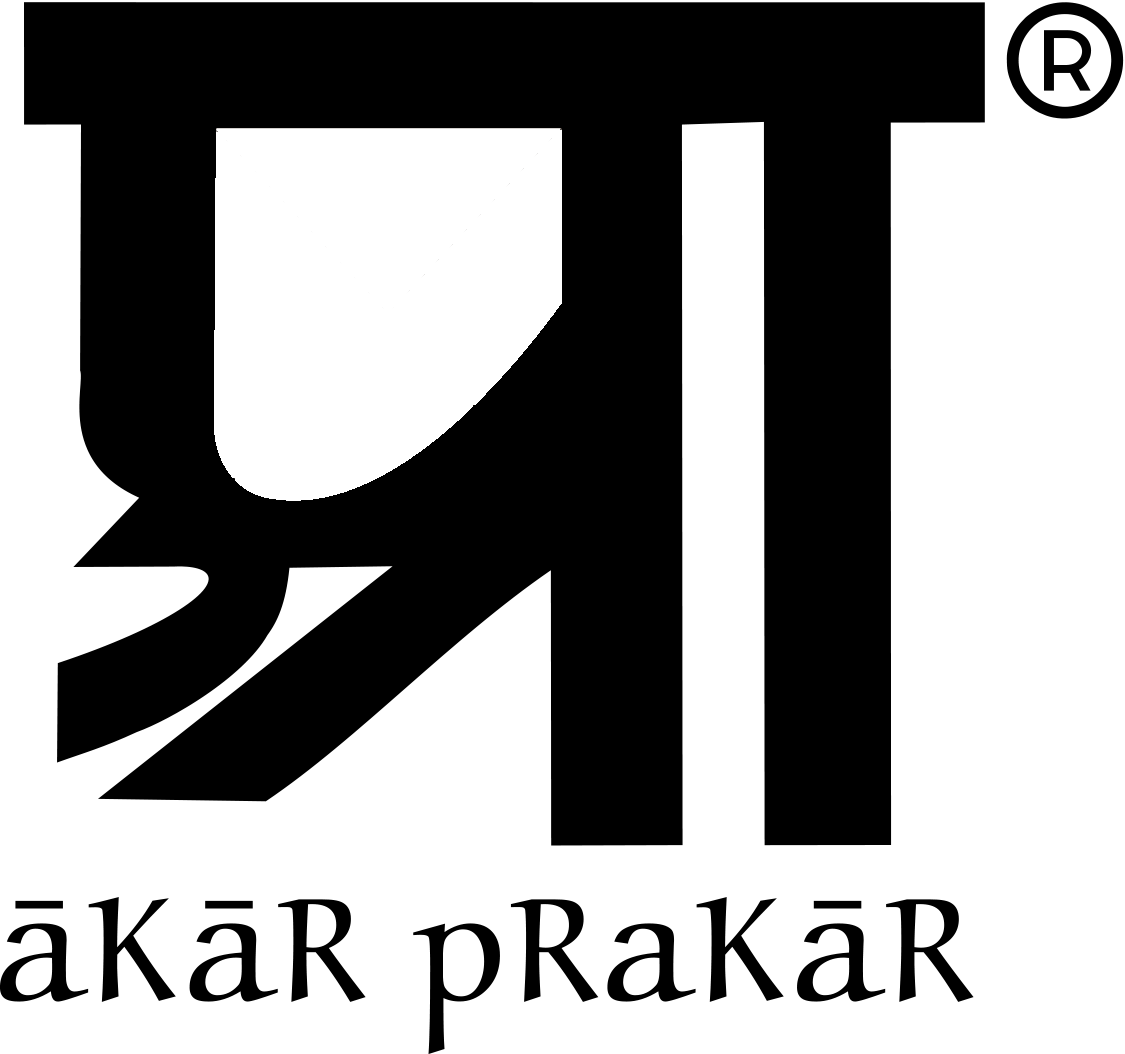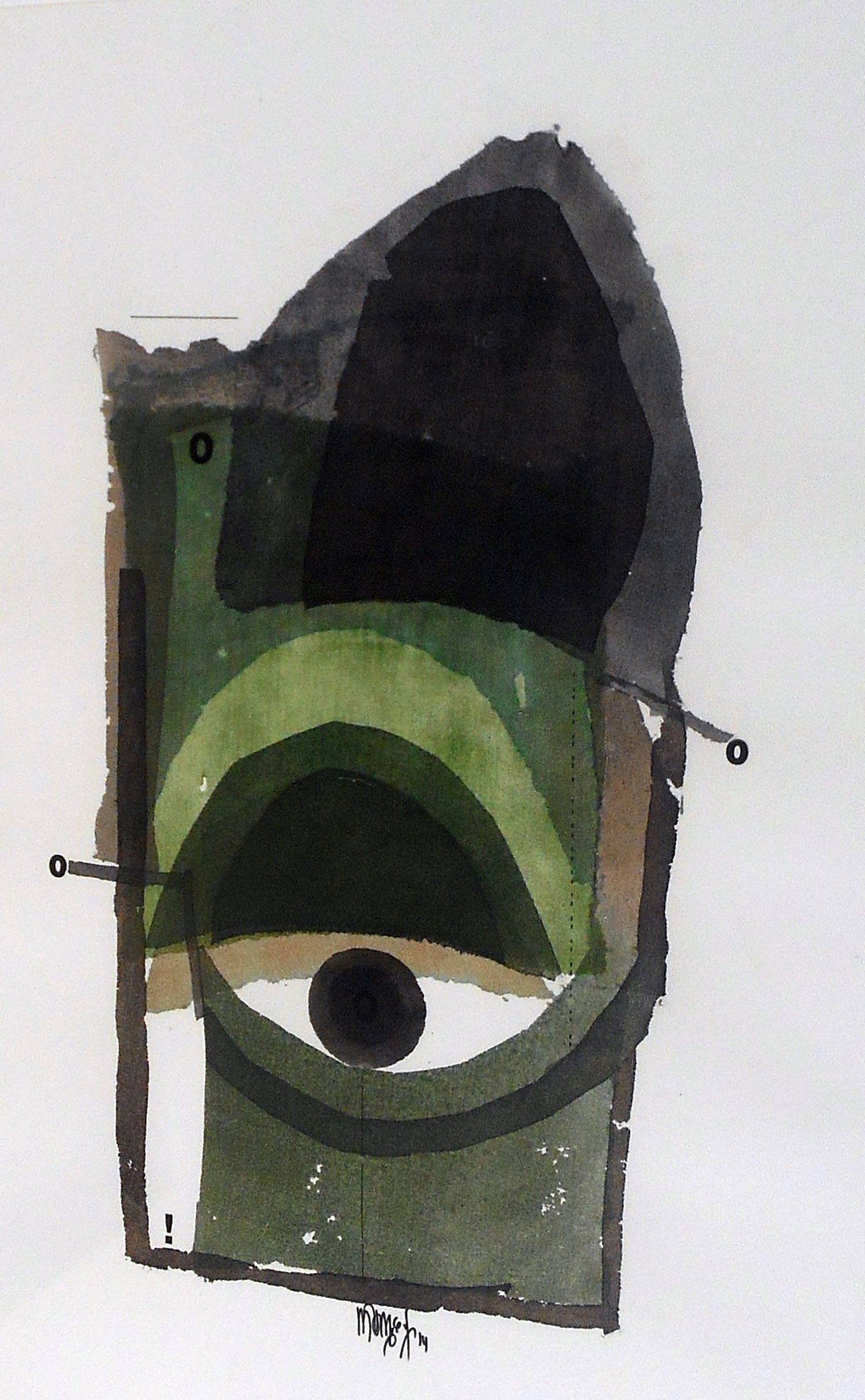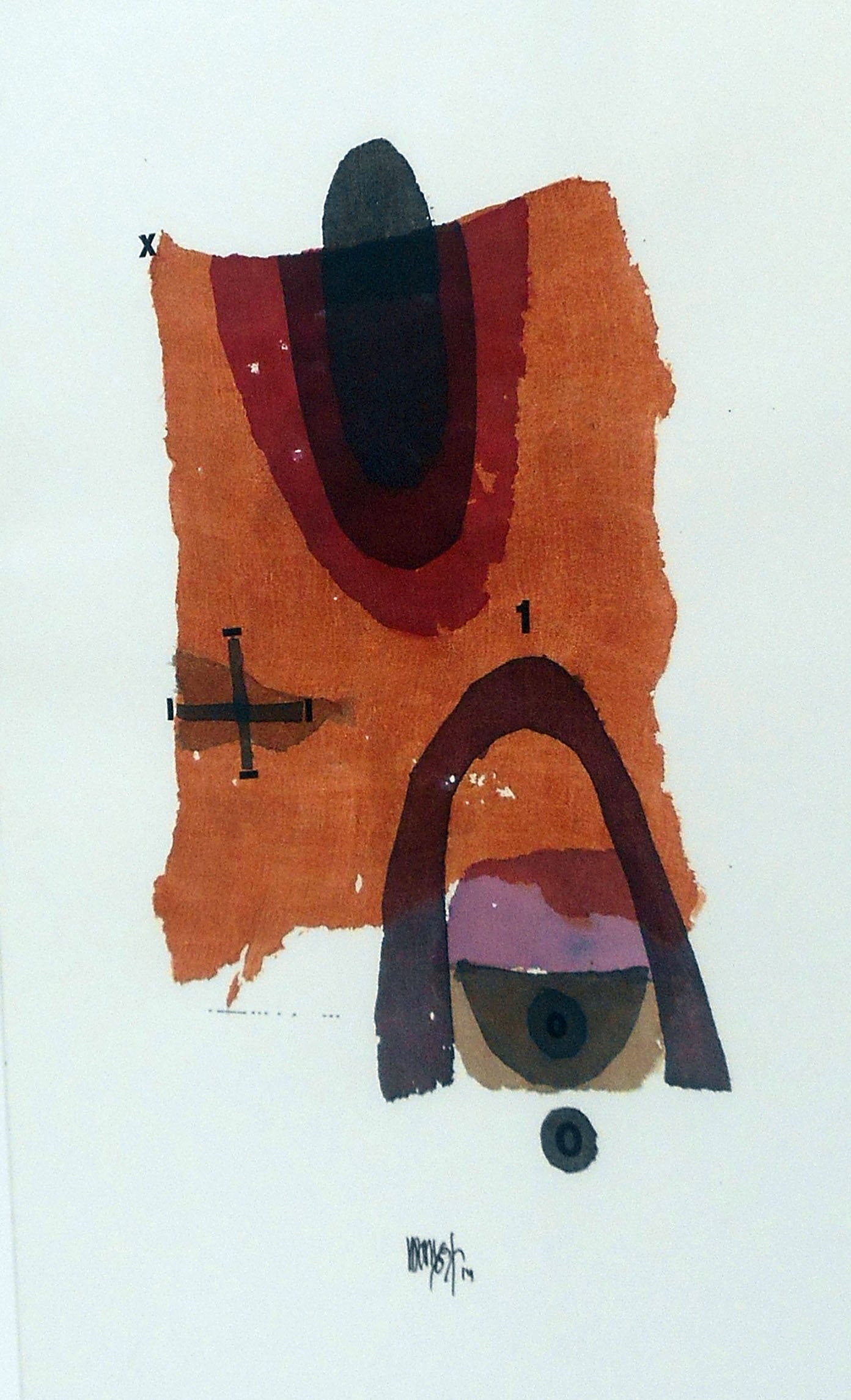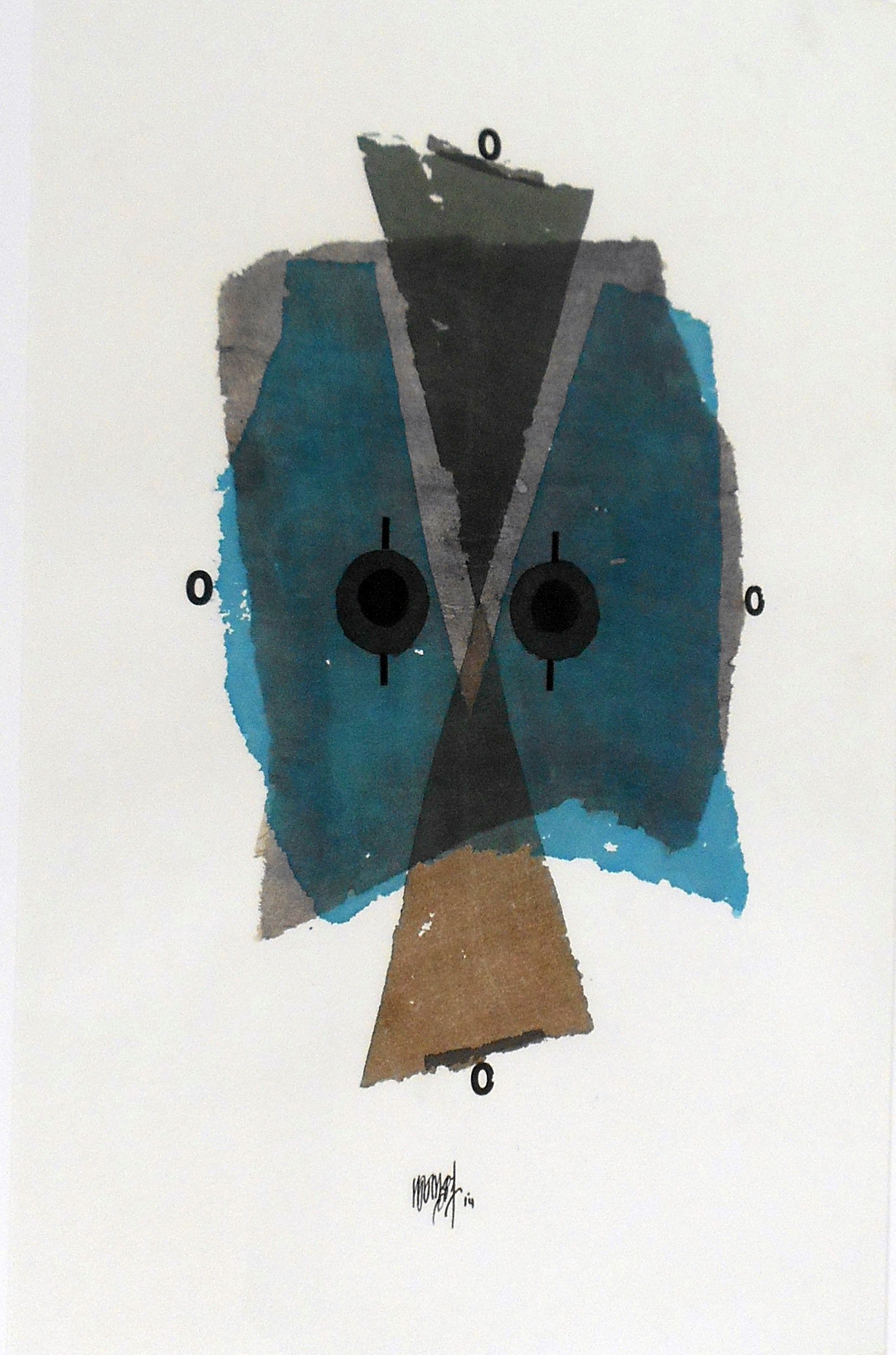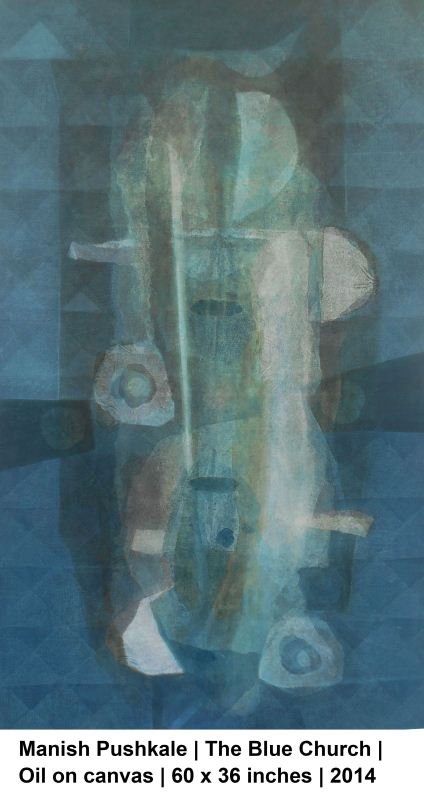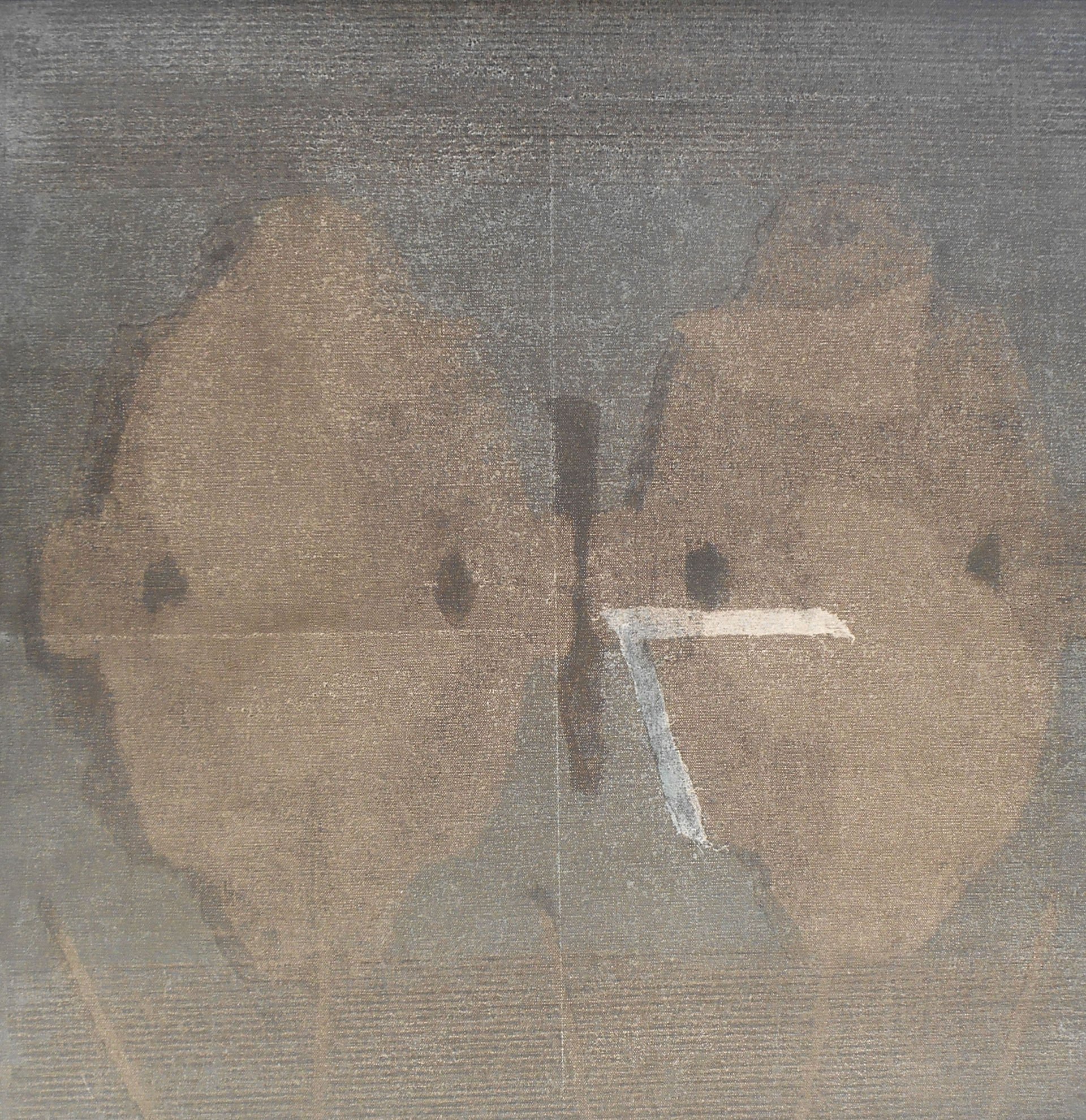
Manish Pushkale: Museum of Unknown Memories
April 6 – June 6, 2015 at Akar Prakar, Delhi
Modern man has not made civilisations, but has rather created museums to house his interpretations of those bygone civilisations.
The collections in these museums represent, protect and assimilate the socio-cultural manifestations of our past. Modern man in turn has used these collections as a building block to form his own sense of self in the context of his past and his present. However, during this process of putting his self in perspective, the Museum has ended up becoming a vehicle for his ego's drive for dominance. In his journey towards a definition of the self, the modern man has created a kind of megalomania that has imposed its own logic on the history of culture, attempting as it has to represent the supposedly common cultural past of mankind with artifacts and objects of his own selective choosing.
Being an artist, it is a truly pleasant experience to be able to visit any place with historical relevance. To be among the artifacts of lost civilizations, watching them, experiencing the awareness of that civilization and allowing it to bring alive our present is an opportunity that can only be realized at such places. Experience leads to memories. For the past few years, I have been painting a series known as "The Museum of Unknown Memories". This series of paintings have their genesis in those unknown memories which later on became my real, tactile experiences.
This series is not about what I have ‘seen’ but rather is a form of archaeo-scribes, that are spread around us. It is not about reality. It is about realisation and the arrival of that realisation. It is not the form of an 'experience' but rather it is the experience of the 'form' that has taken precedence.
This series is not moving from civilisation and its known artifacts towards museums, but is rather a thought process that essays the movement from museums to civilisations.
The Museum within, which is a part of us in the form of our own unknown memories And The Civilisations around us, that precede us, which we may have forgotten but which remain an integral part of us.
Manish Pushkale | Museum of Uknown Memories 1 | Acrylic on canvas | 36 x 60 in | 2014
Manish Pushkale | Untitled H | Acrylic on paper | 22 x 15 in | 2014
Manish Pushkale | Untitled G | Acrylic on paper | 22 x 15 in | 2014
Manish Pushkale | Untitled F | Acrylic on Paper | 22 x 15 in | 2014
Manish Pushkale | Untitled E | Acrylic on Paper | 22 x 15 in | 2014
Manish Pushkale | Untitled D | Acrylic on Paper | 22 x 15 in | 2014
Manish Pushkale | Untitled C | Acrylic on Paper | 22 x 15 in | 2014
Manish Pushkale | Untitled B | Acrylic on Paper | 22 x 15 in | 2014
Manish Pushkale | Untitled A | Acrylic on paper | 22 x 15 in | 2014
Manish Pushkale | Museum of Uknown Memories 2 | Acrylic on canvas | 60 x 36 in | 2014
Manish Pushkale | The Blue Church | Oil on canvas | 60 x 36 in | 2014
Manish Pushkale | Museum of Uknown Memories 3 | Acrylic on canvas | 60 x 36 in | 2014
Manish Pushkale | Memory 4 | Acrylic on canvas | 36 x 48 in | 2014
Manish Pushkale | Museum of Uknown Memories 5 | Acrylic on canvas | 42 x 32 in | 2014
Manish Pushkale | Museum of Uknown Memories 6 | Acrylic on canvas | 40 x 40 in | 2014
Manish Pushkale | Untitled | Oil on canvas | 24 x 24 in | 2014
Manish Pushkale | Museum of Uknown Memories | Acrylic on canvas | 20 x 46 in | 2014
Manish Pushkale | Museum of Uknown Memories 8 | Acrylic on canvas | 48 x 36 in | 2014
Manish Pushkale | The Green Church | Oil on canvas | 36 x 60 in | 2014
Manish Pushkale
Manish Pushkale (b. 1973 in Bhopal, India) is a self-taught artist who has honed his artistic style and sensibility at Bharat Bhavan’s fertile, intellectual, creativity-filled ambience of the time. The intellectual rigour of Bharat Bhavan’s founders in its early decades, its deeply held Indian values and its uncompromising artistic mission to foster these values in art have formed the foundation of Manish Pushkale’s subsequent career as a celebrated abstract artist. Bhopal as a city informs much of Pushkale’s artistic sensibility. Bhopal’s rare blend of the modern and the ancient is embedded in the prehistoric Bhimbetka rock shelters and the antiquity of the Sanchi Stupa. Pushkale’s abstractionism channels this prehistory and antiquity into contemporary forms of expression. His calm, contemplative canvases dwell upon the ebb and flow of civilisation and its underlying spirituality through themes of genesis, progress and change. This reflective consciousness is tied to his deep interests in archaeology and geology, the latter of which he studied during his Master’s at Barkatullah University, Bhopal.
His works have been widely exhibited in India and internationally over the last 25 years. He represented the country at the Festival of India in France, in 2016, with an exhibition at Musée de Guéthary, with Akar Prakar and ICCR. He has also exhibited his work with his guru S.H. Raza on multiple occasions, including as a parallel exhibition to the Venice Biennale, in 2010. He is the recipient of numerous awards and residencies, such as a fellowship at the Nantes Institute of Advanced Study, in 2014; and Grand Award, Bharat Bhavan Biennale, Bhopal, in 2018. Over the years, Pushkale has closely worked and mentored young artists by organising art camps, and providing them with artistic and commercial guidance. Apart from this, his work as a trustee of the Raza Foundation, the executive trustee of the Krishna Sobti Foundation, and his establishment of the Vaid Award in honour of the late writer Krishna Baldev Vaid to recognize radical Hindi writers, are efforts to contribute towards building a sustainable artistic and intellectual legacy for future generations. The artist lives and works in New Delhi.
